- Antipasti
- Bella Italia
- Dessert
- Drinks
- Favorite Italian recipes
- Main courses
- Pasta
- Pizza
- Side dishes and salad
- Tips & Knowledge
Bread school with ciabatta recipe – Italian bread classic
For us, ciabatta is one of the Italian bread classics. Many will be surprised to learn that this bread shape is still quite young: it is said to have only been invented in 1982 by baker Arnaldo Cavallari in Rovigno (Veneto). He wanted to develop an Italian counterpart to the increasingly popular baguette.
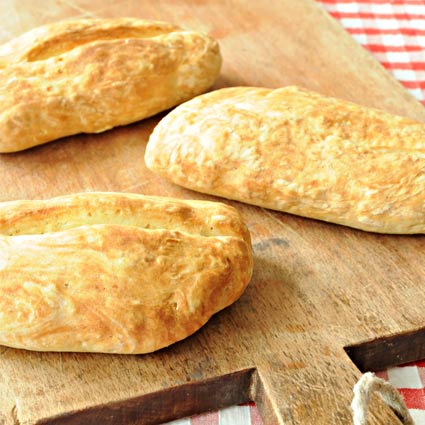
Table of contents
Ciabatta
For us, ciabatta is one of the Italian bread classics. Many will be surprised to learn that this bread shape is still quite young: it is said to have only been invented in 1982 by baker Arnaldo Cavallari in Rovigno (Veneto). He wanted to develop an Italian counterpart to the increasingly popular baguette and at the same time successfully tested a new type of flour from his family’s mill. From the very beginning, ciabatta was intended as bread for industrial production. Arnaldo Cavallari was in tune with the times, as ciabatta found its way into more and more households north of the Alps with the increasing popularity of Mediterranean and, in particular, Italian cuisine.
Nevertheless, you can try your hand at baking ciabatta at home.
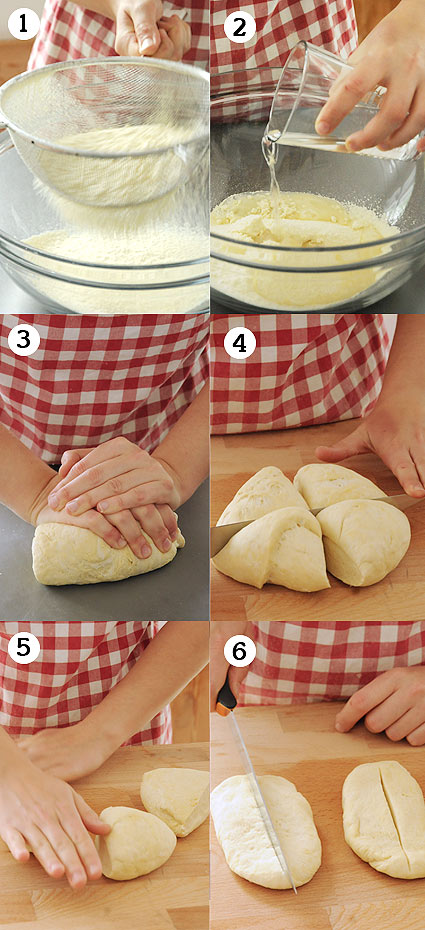
Prepare the ciabatta
Bake ciabatta
We used the Italian yeast starter Biga again to bake our ciabattas. You can find out how to prepare it here.
To make 4 ciabattas, you need 330 g fine durum wheat flour, a little rye flour (in which the loaves are rolled before baking), approx. 200-240 ml water, approx. 8-10 g yeast, a pinch of sugar and a pinch of salt.
Once the biga has rested long enough, the remaining flour, water and salt are added and kneaded until a smooth dough is formed. This is left to rest for another 30 minutes.
The dough ball is then divided into four equal parts and shaped into loaves. These rest on the baking tray lined with baking paper for another 60 to 90 minutes and are then rolled in rye flour. Preheat the oven to 250°C and bake the loaves at 250°C, then bake at 200°C until the loaves are golden brown and crispy.
To give the ciabatta a special touch, you can also add dried tomatoes, olives or chopped walnuts.

Ciabatta
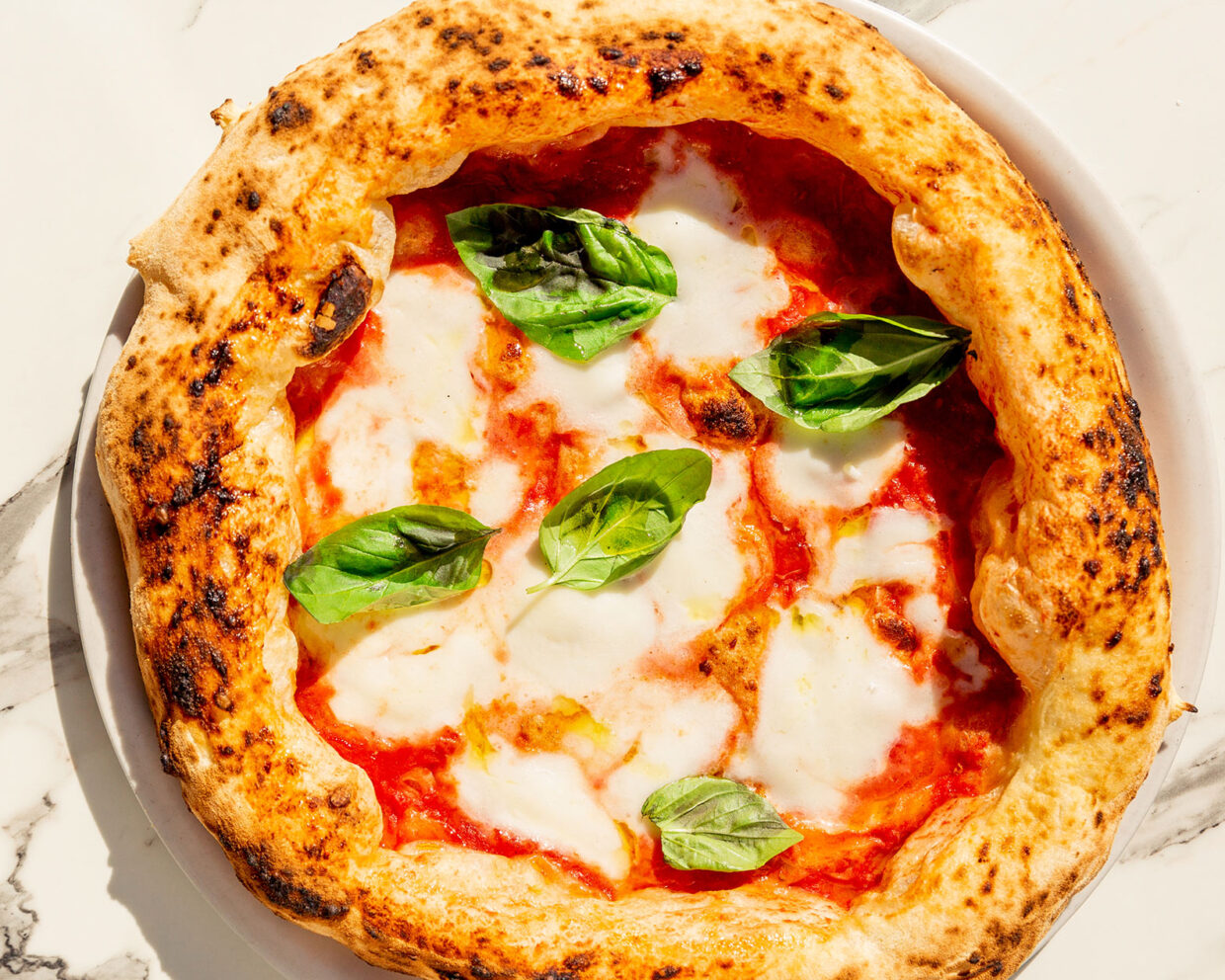
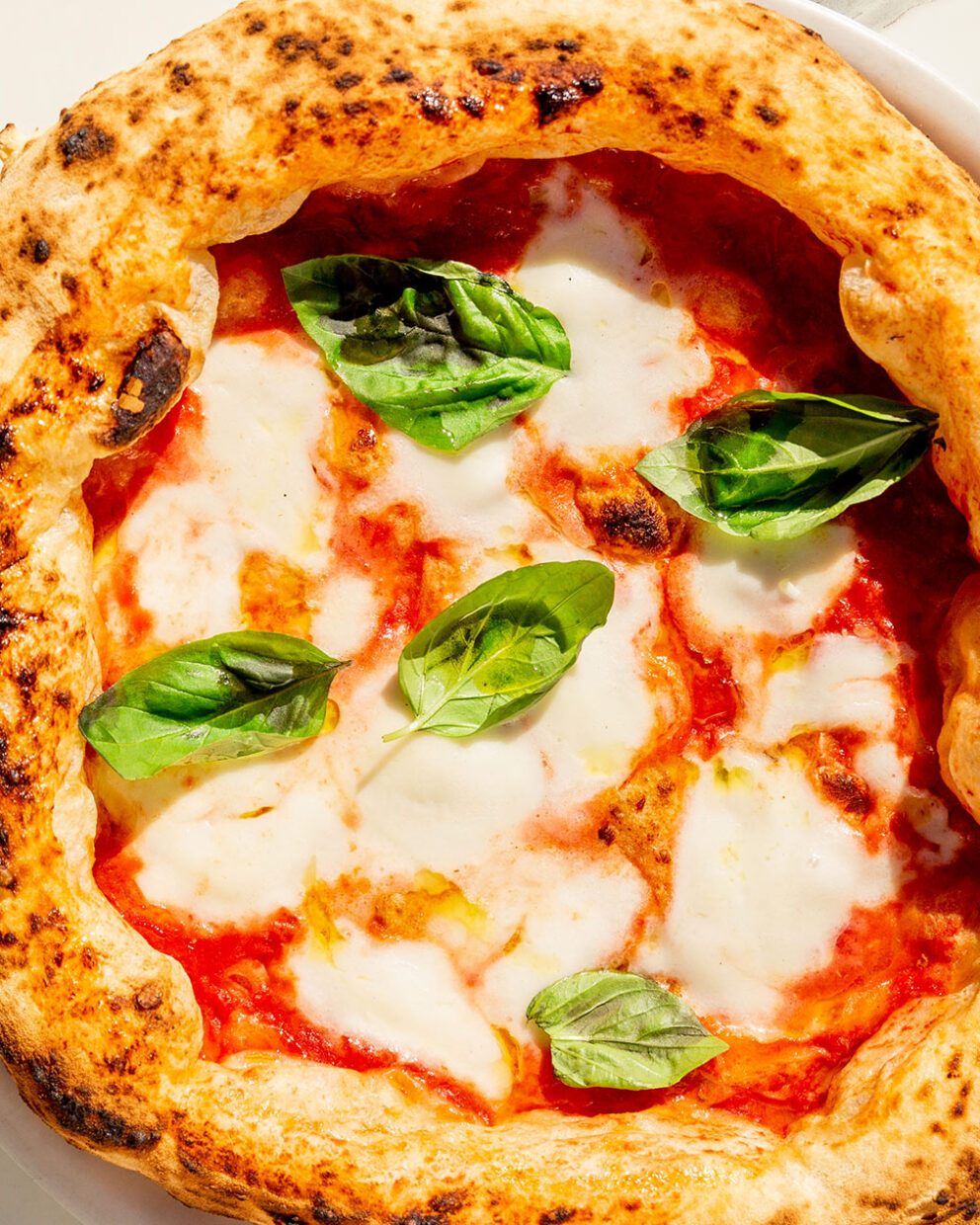
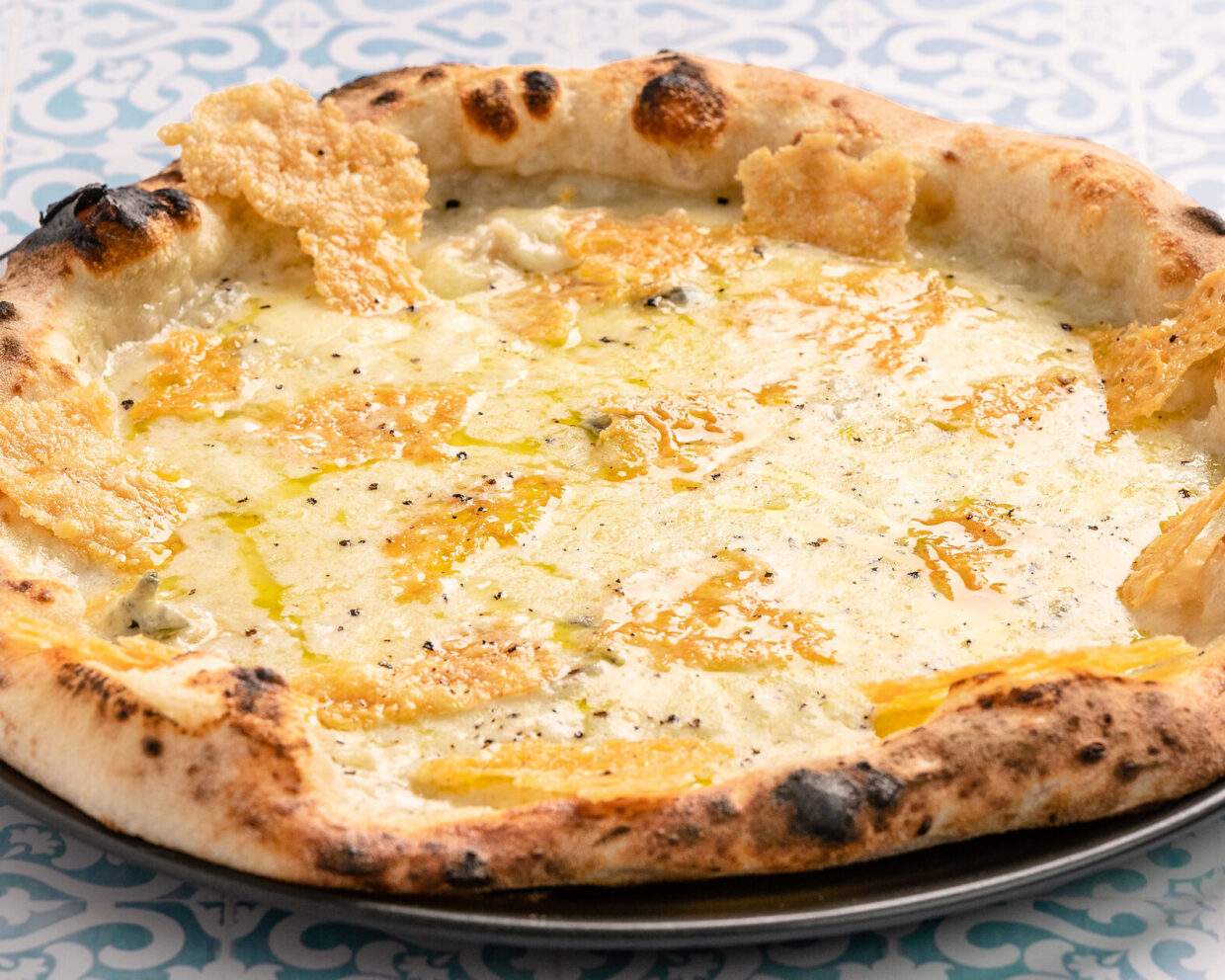
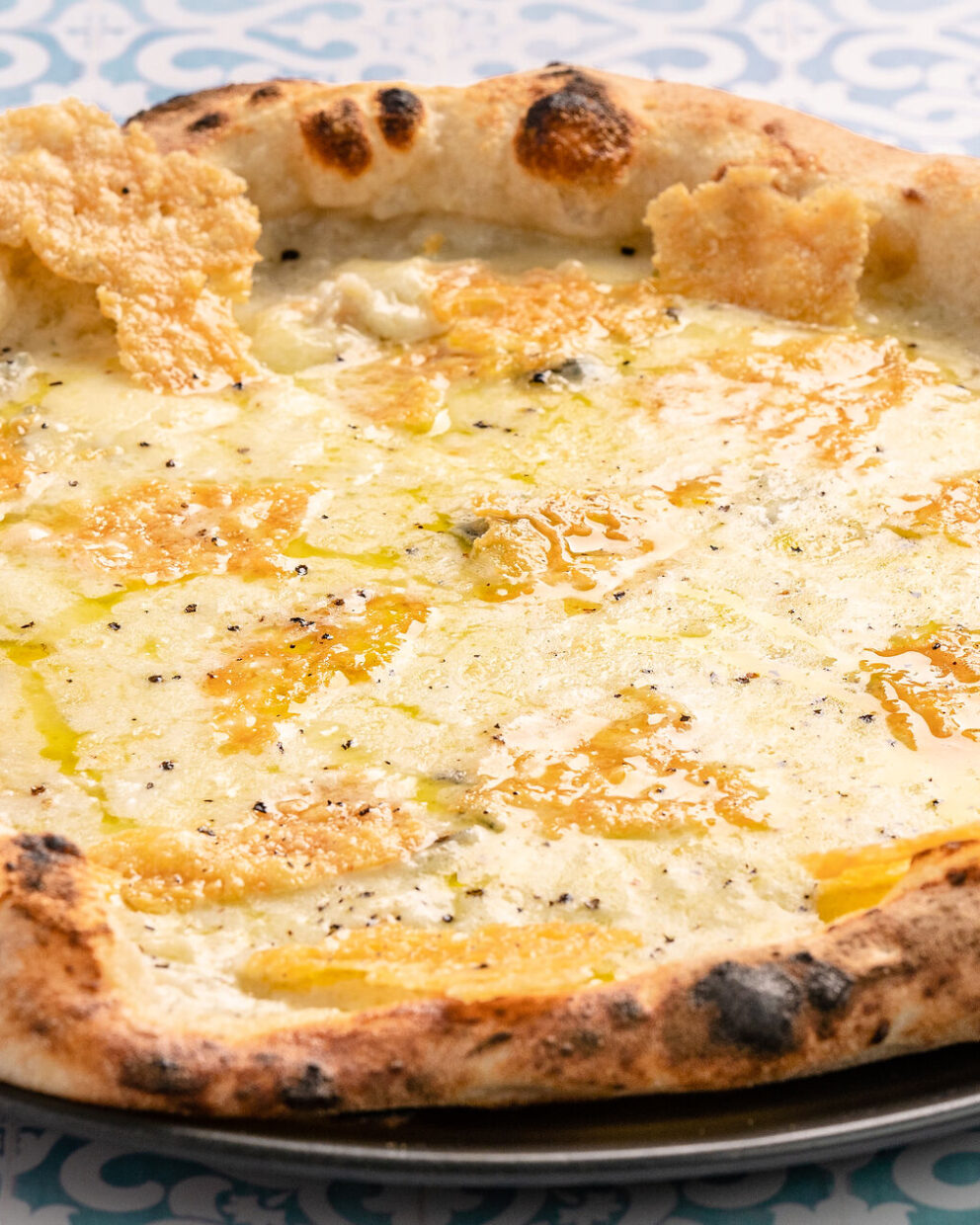
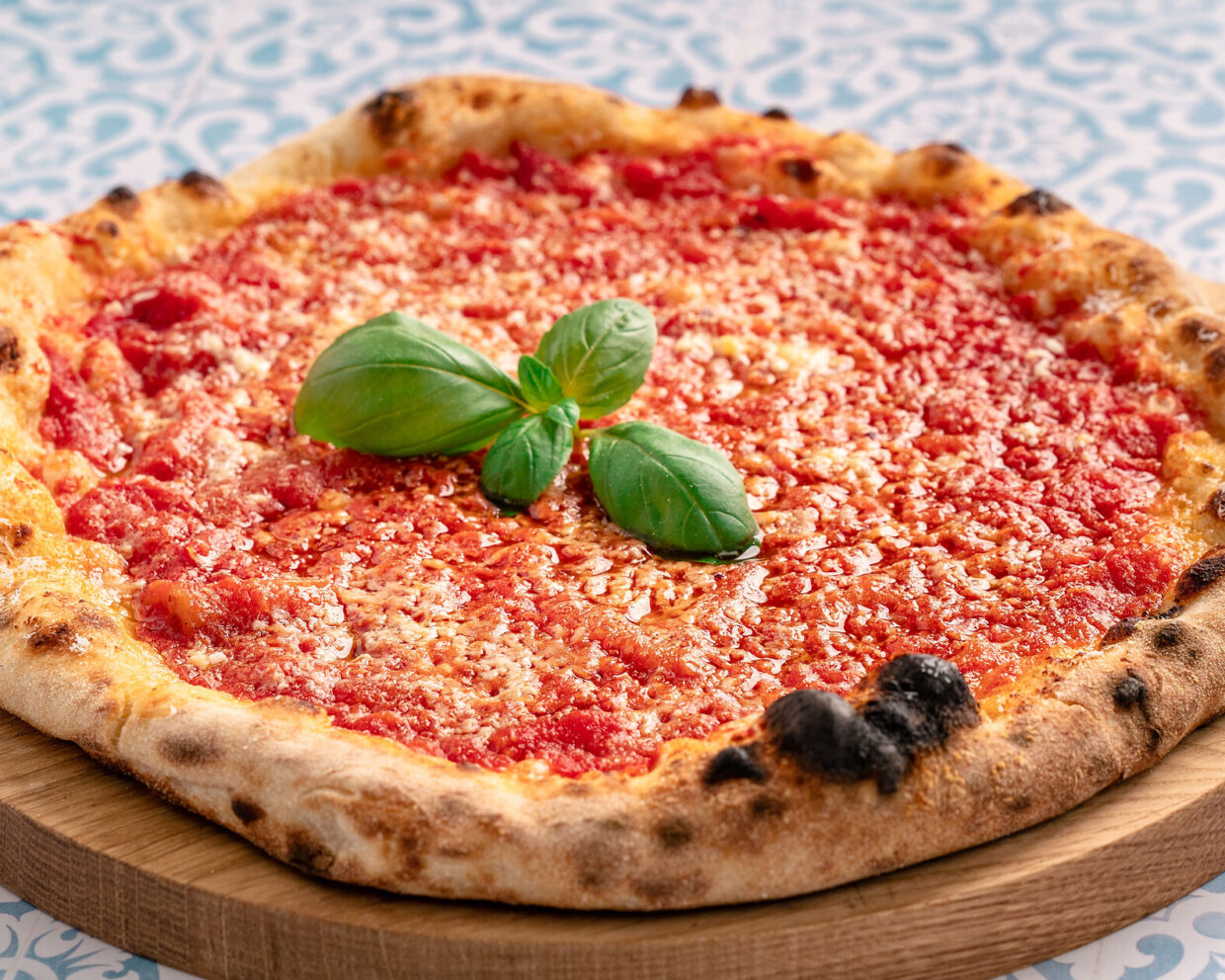
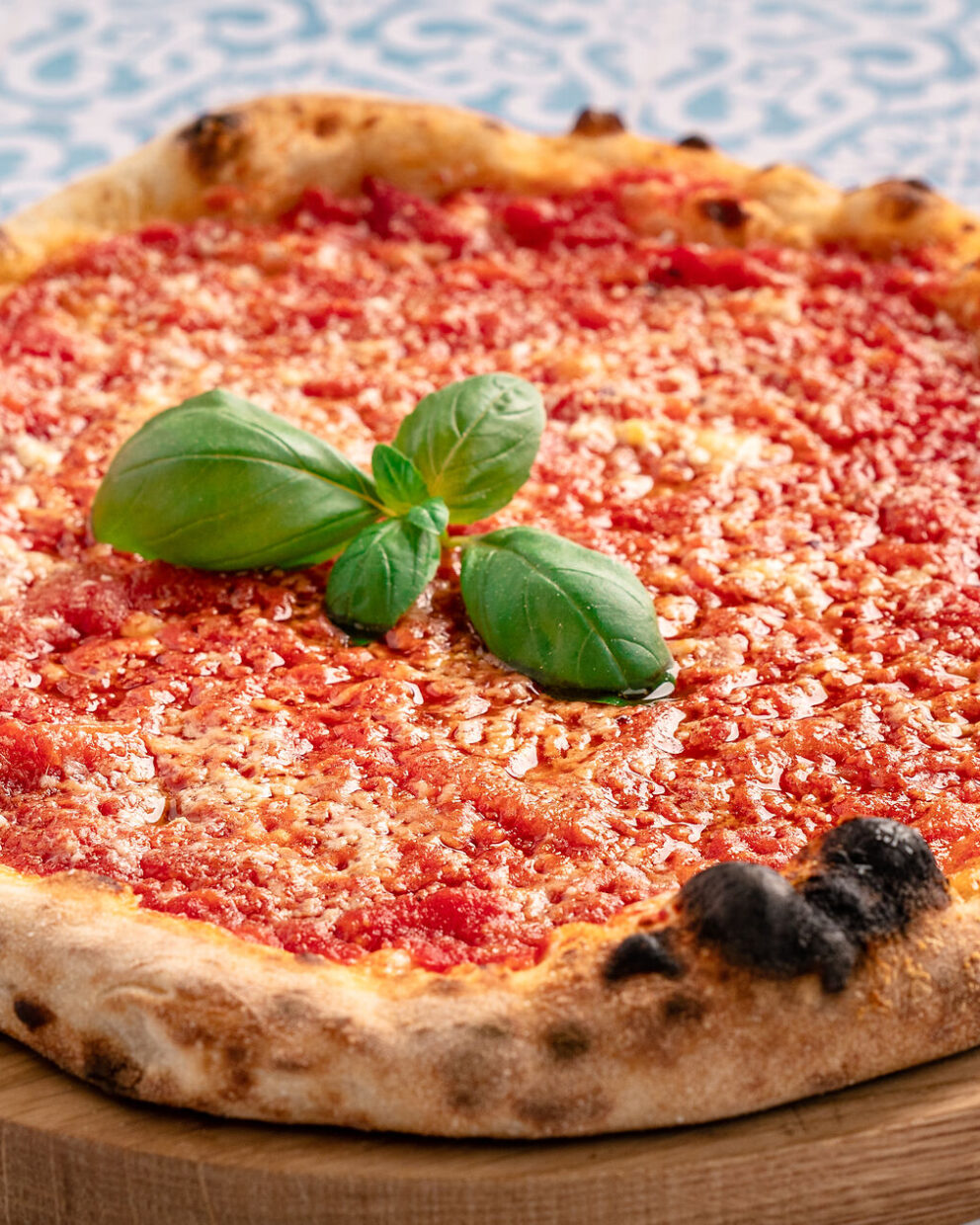
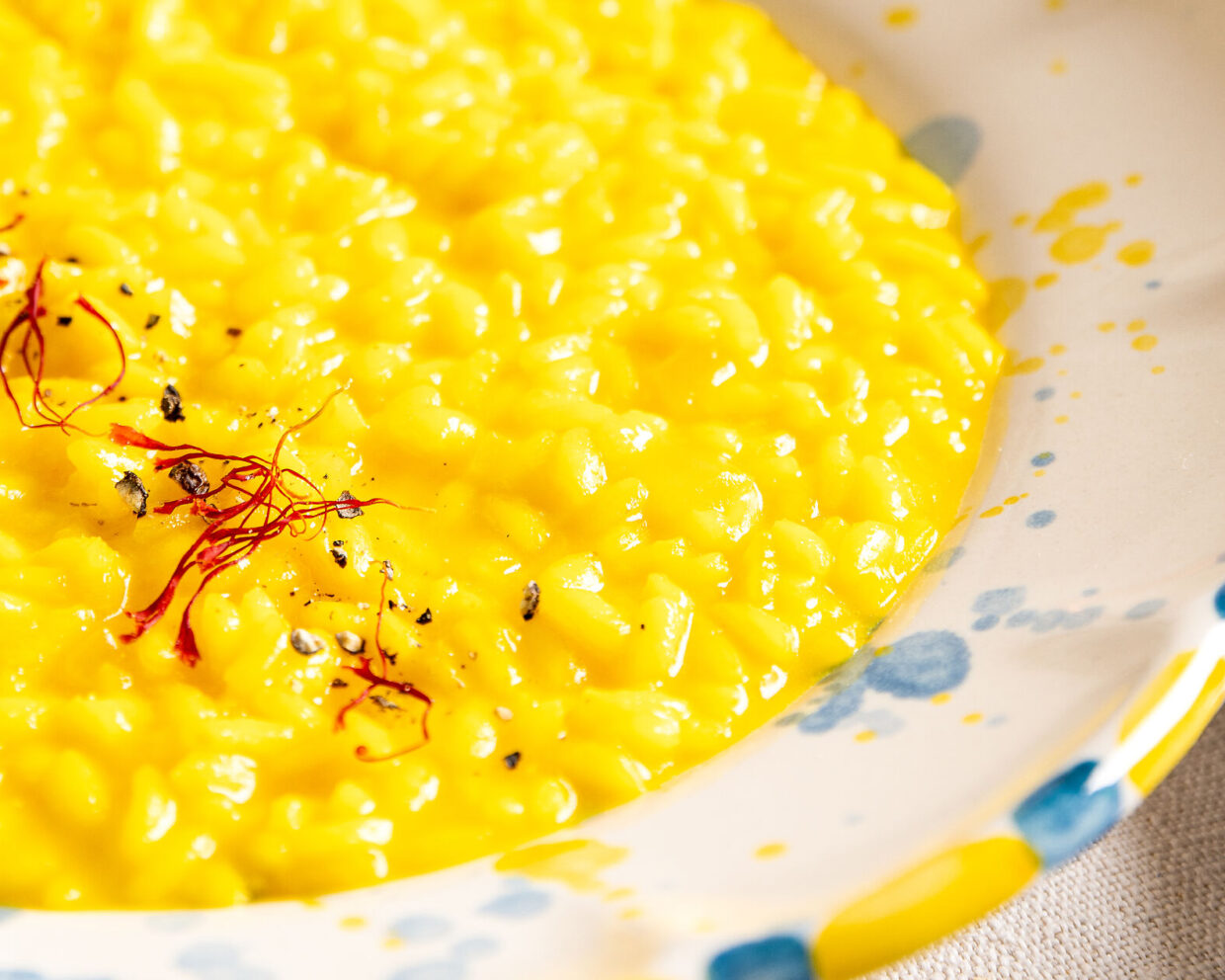
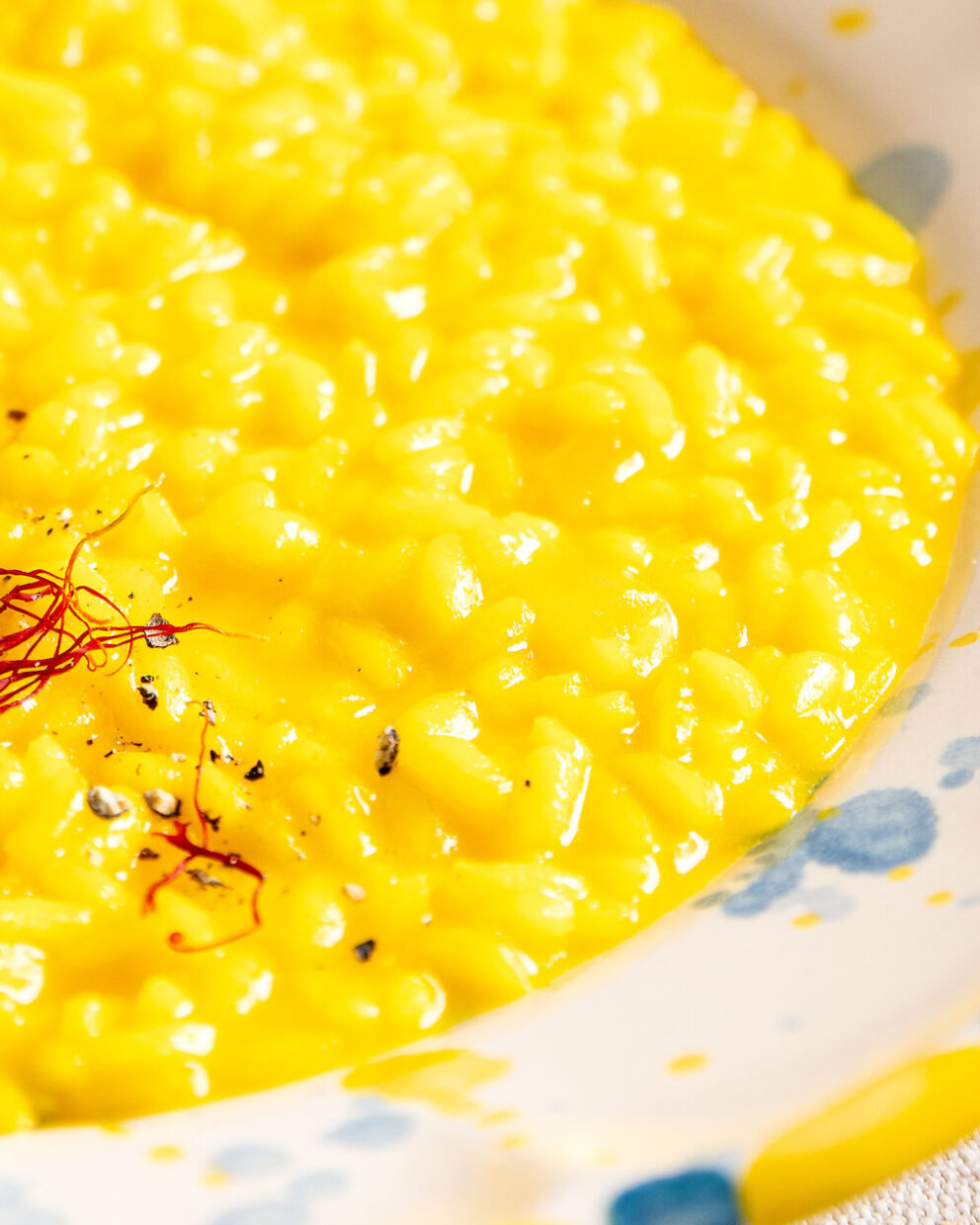
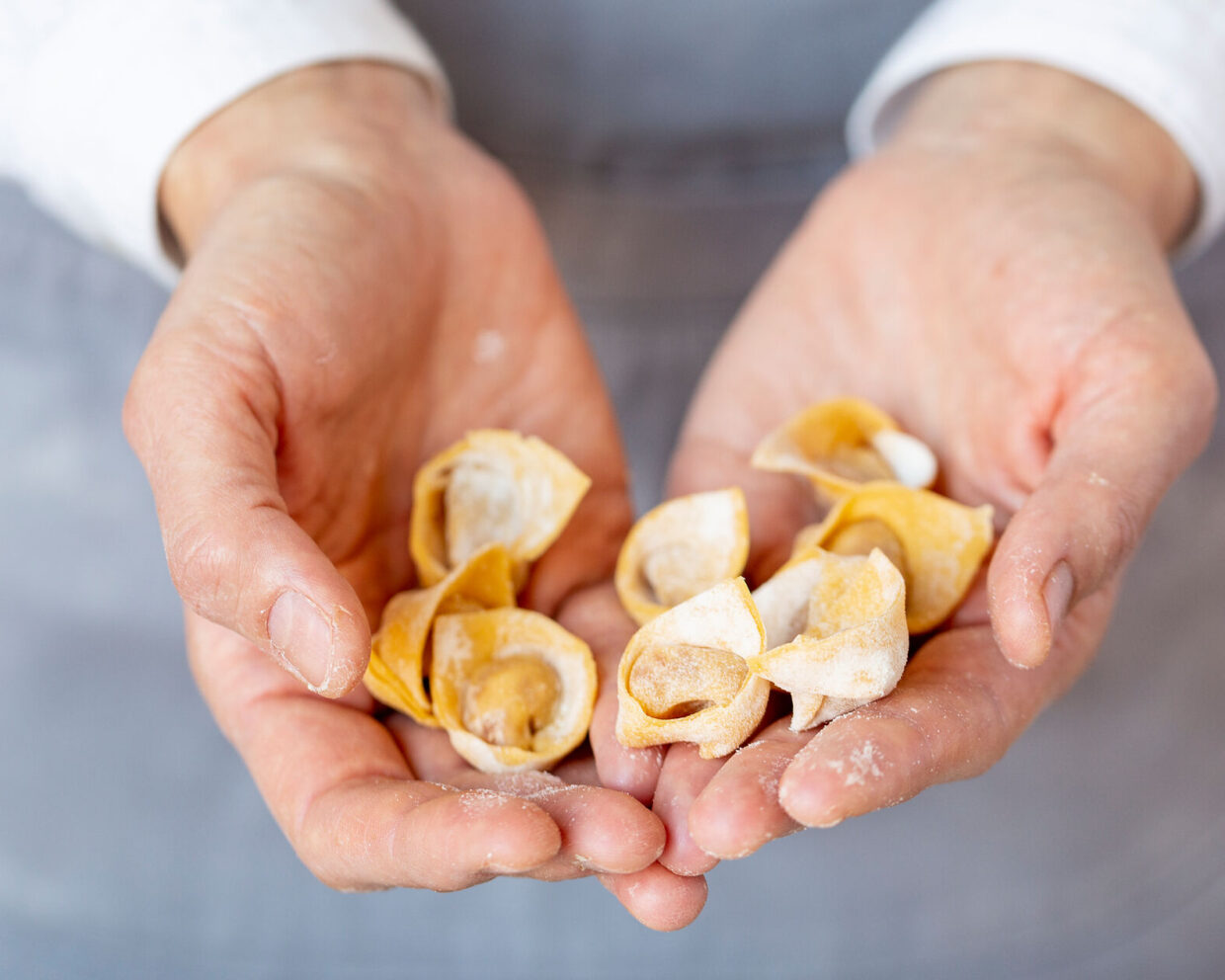
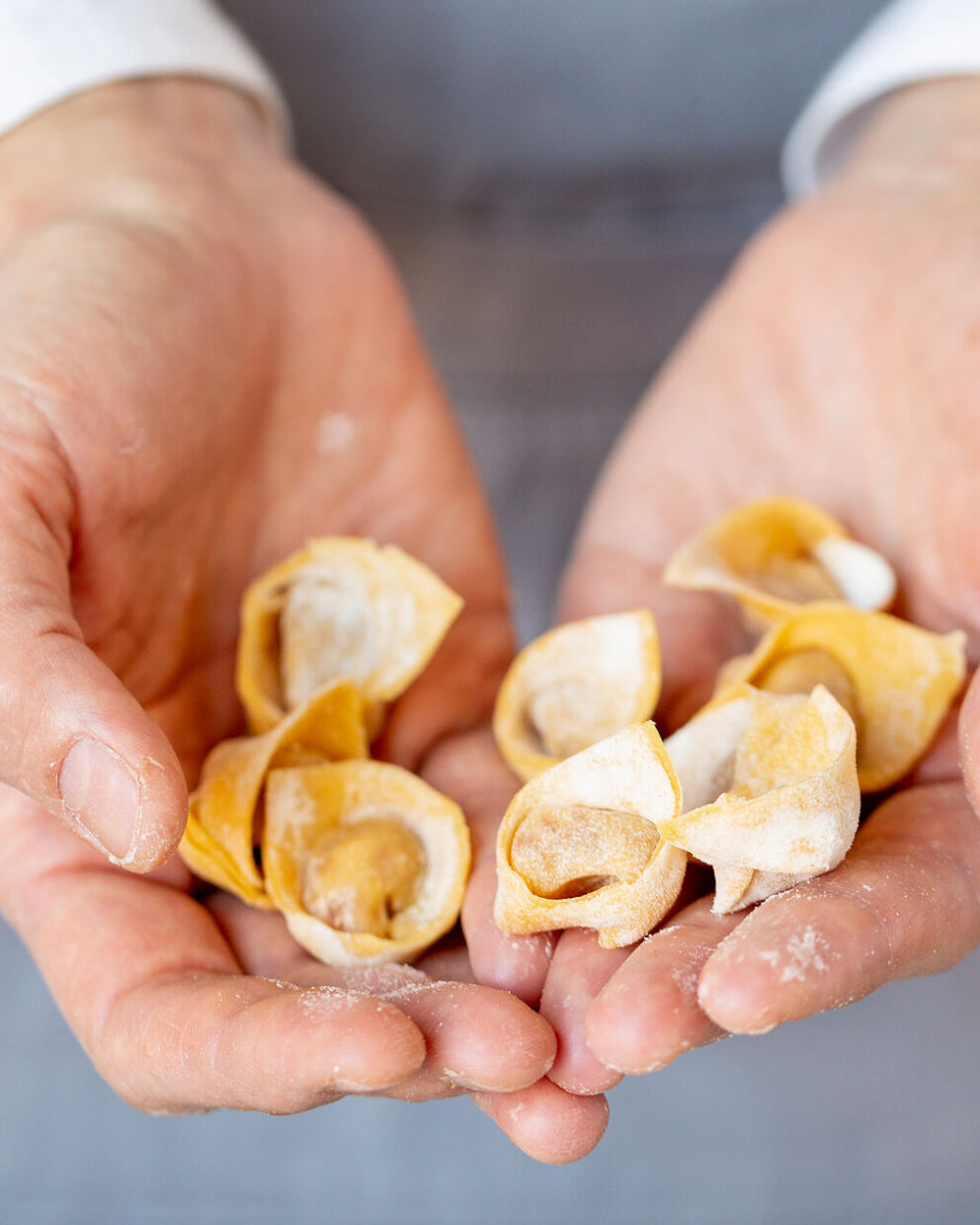
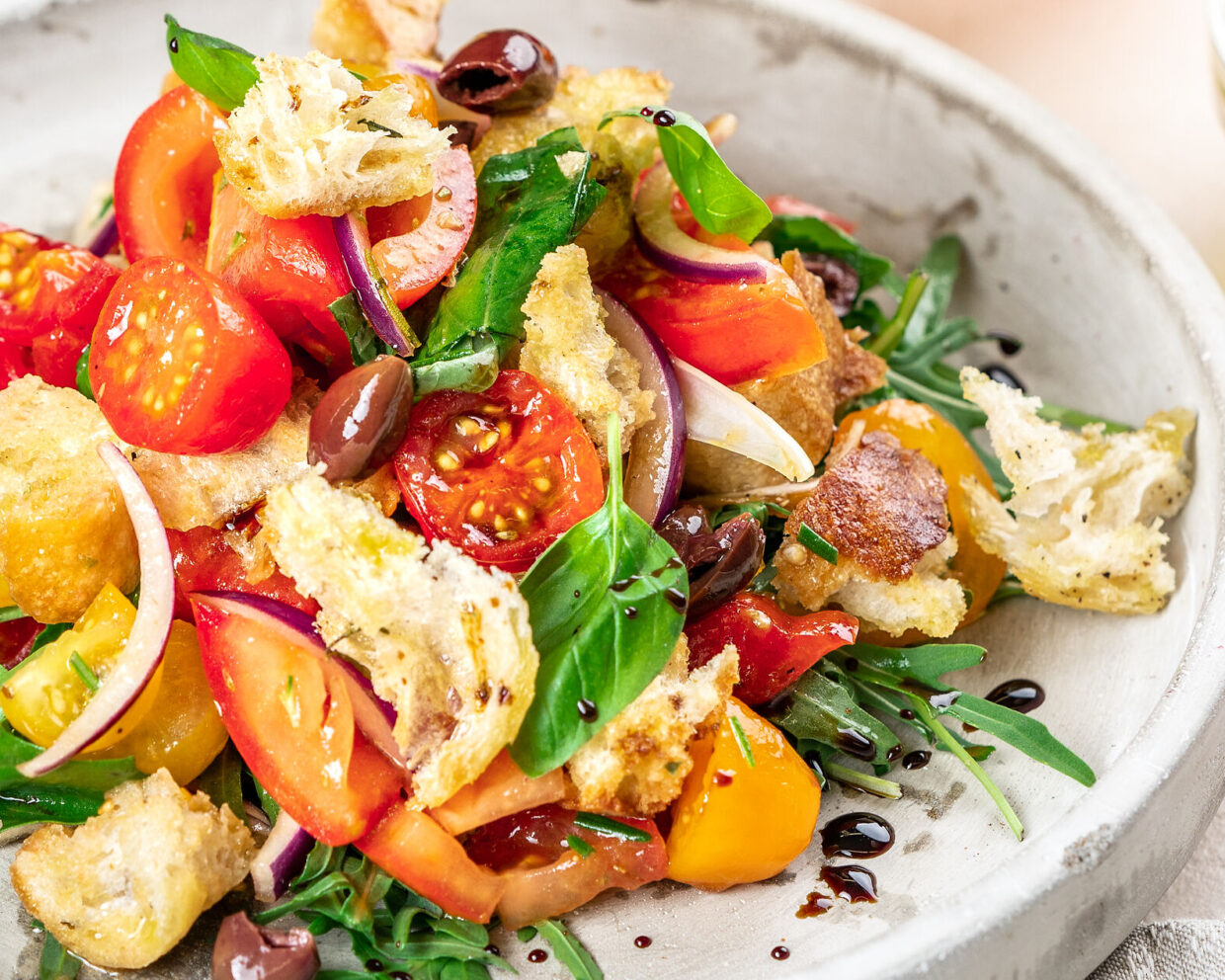
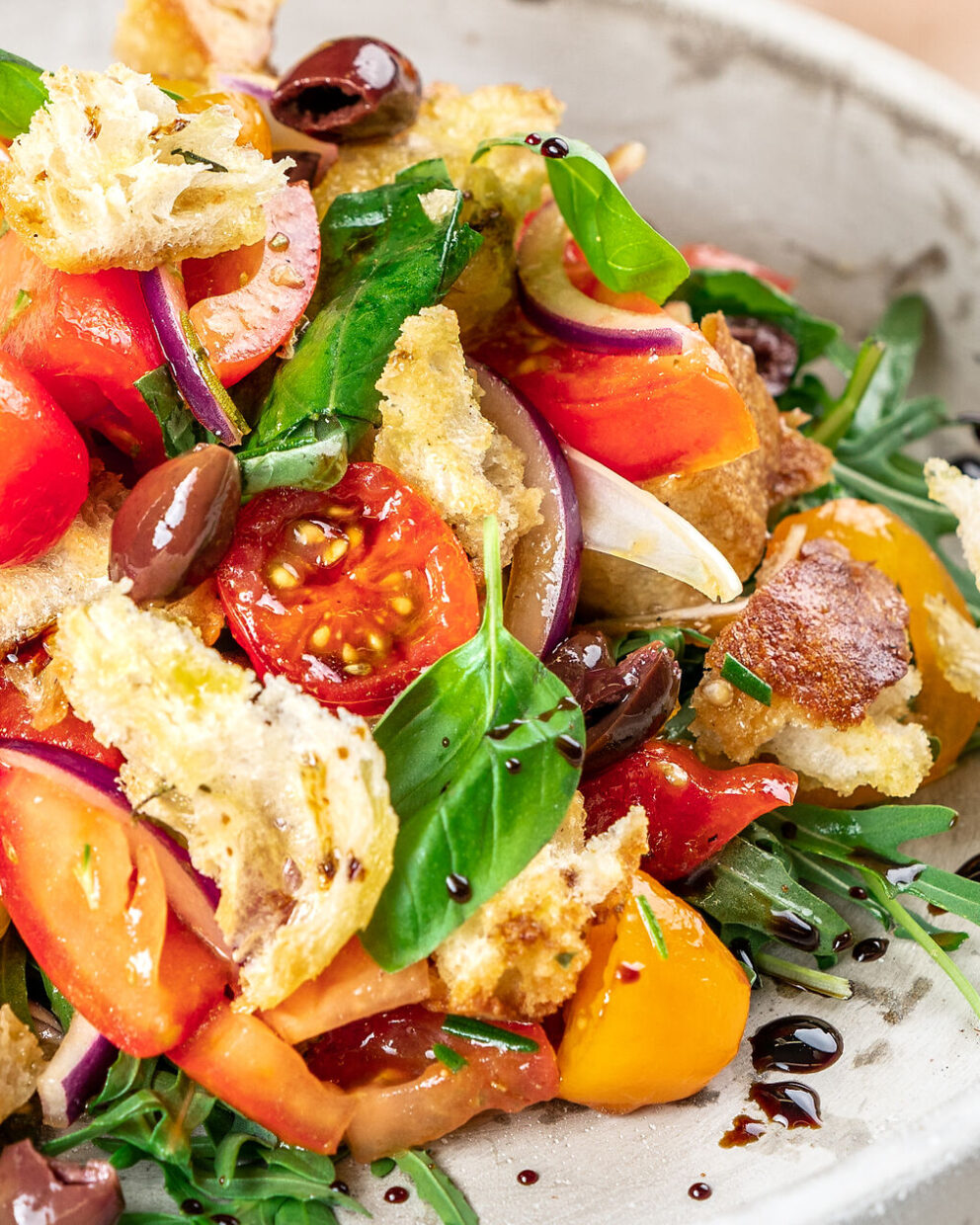
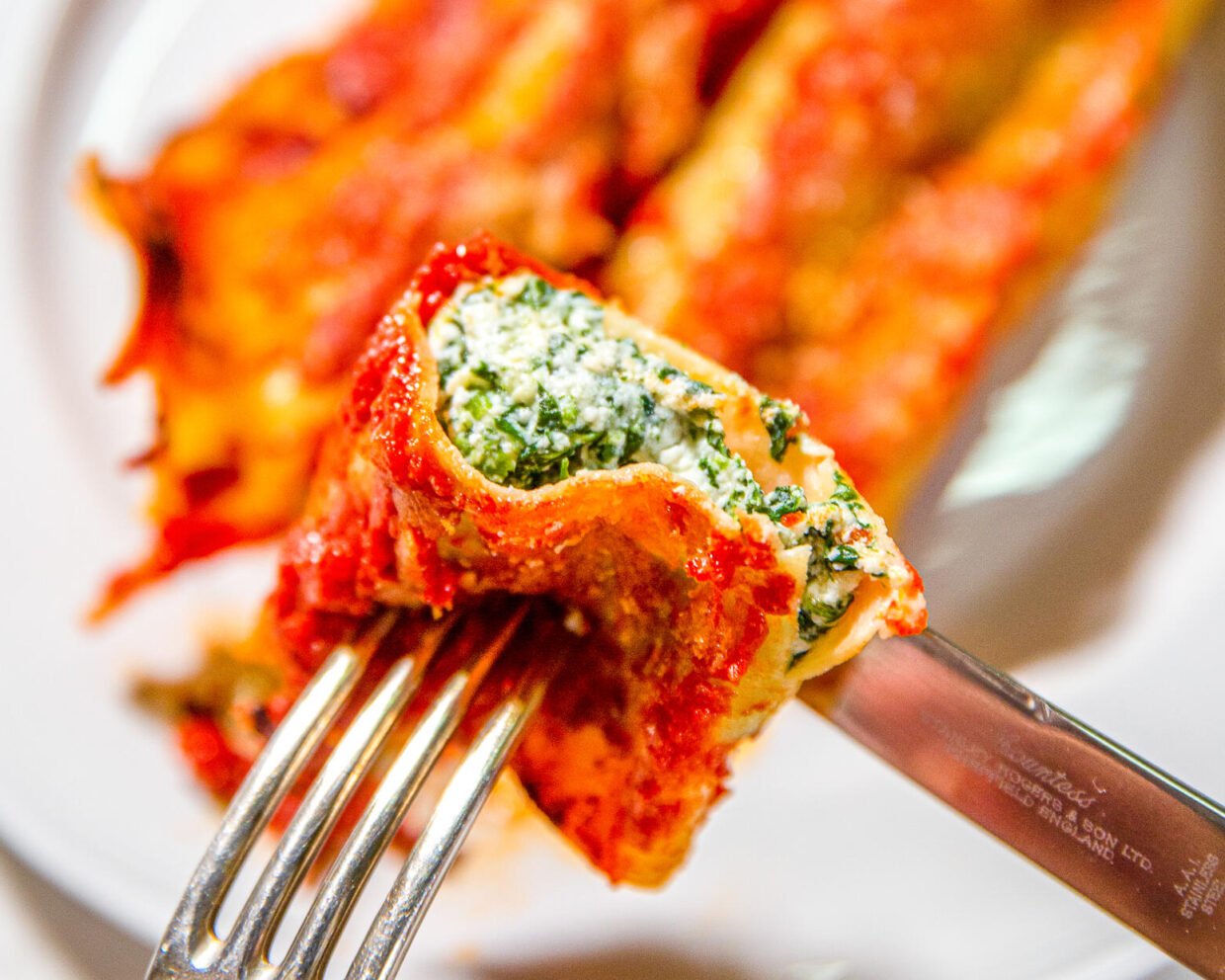
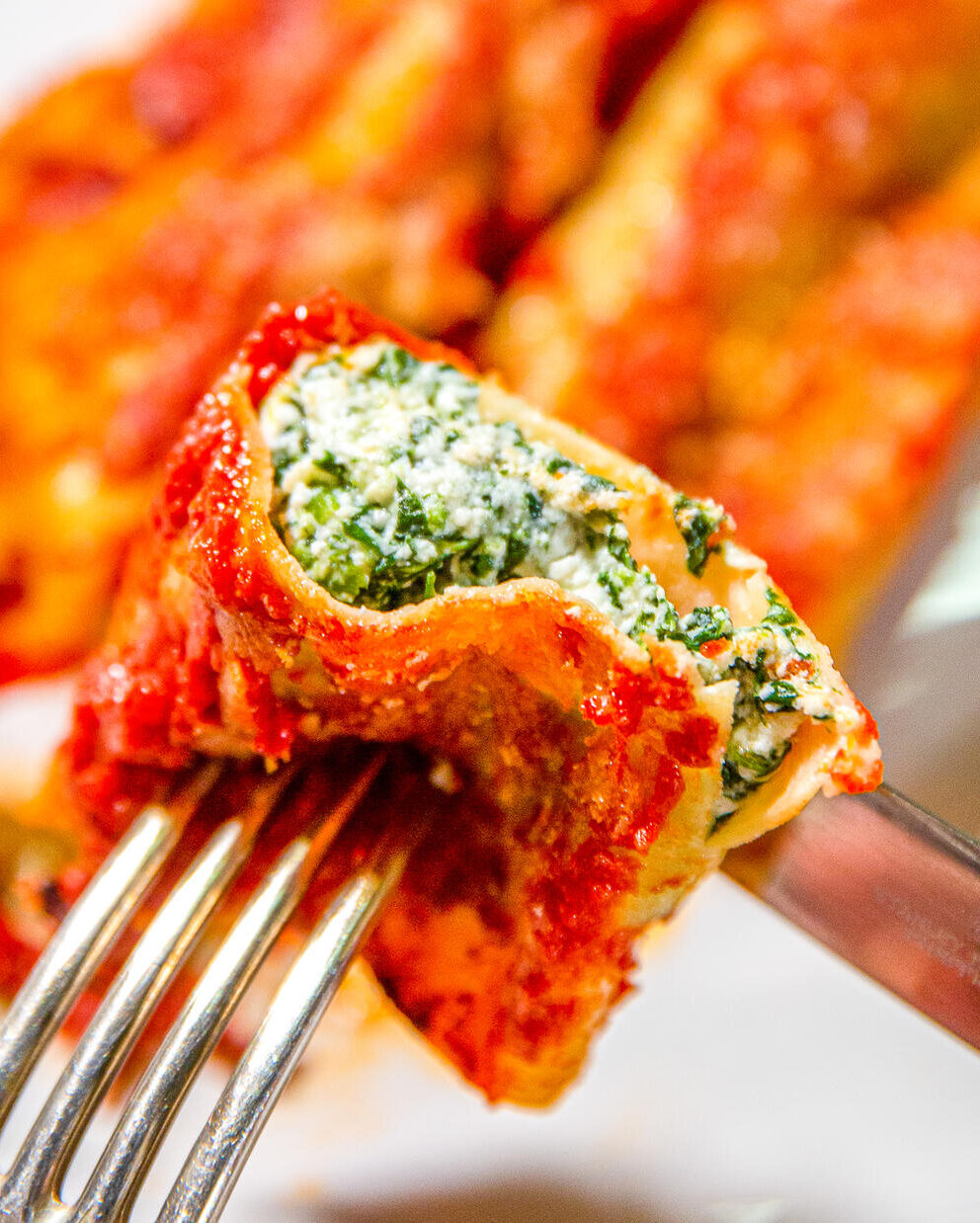
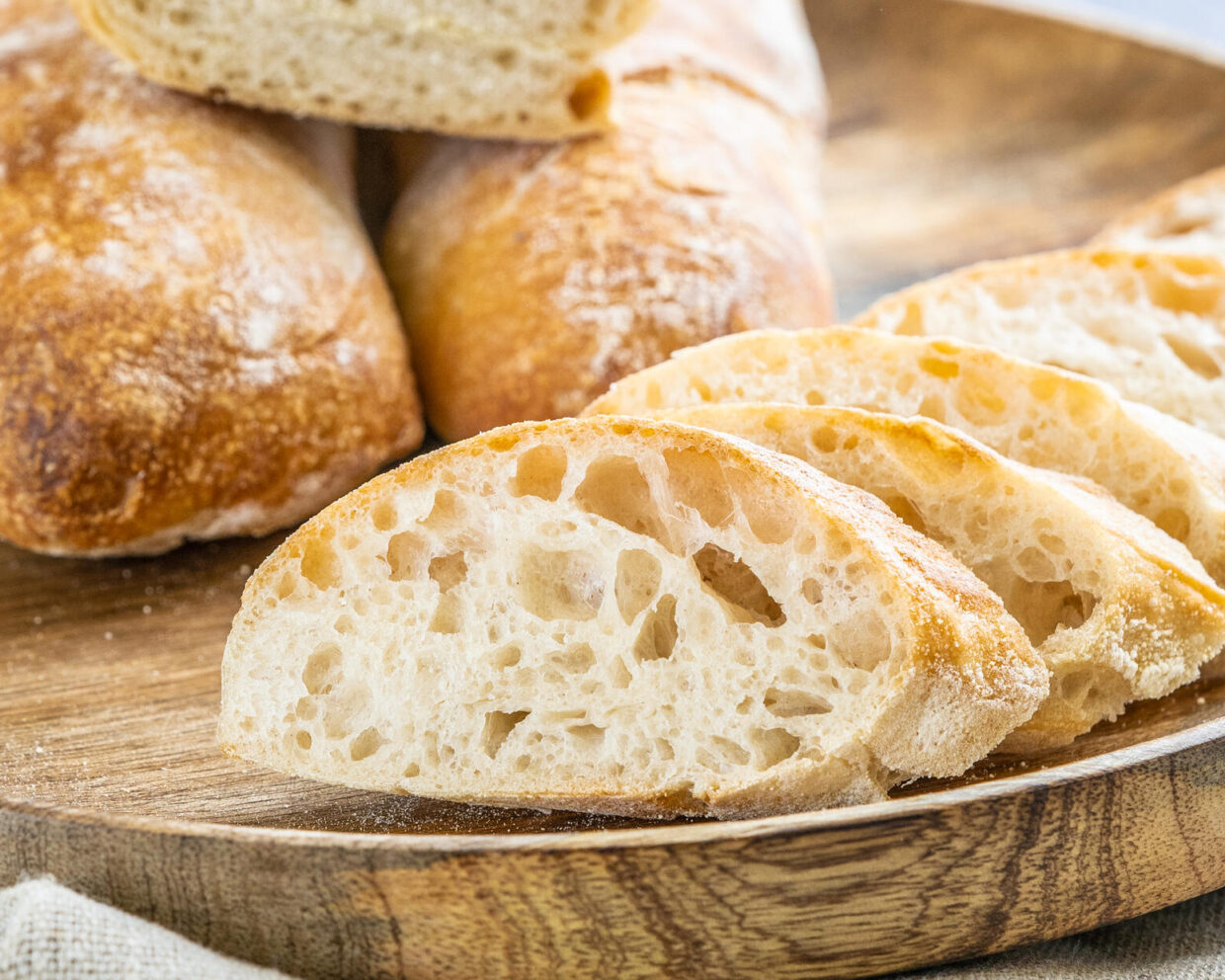
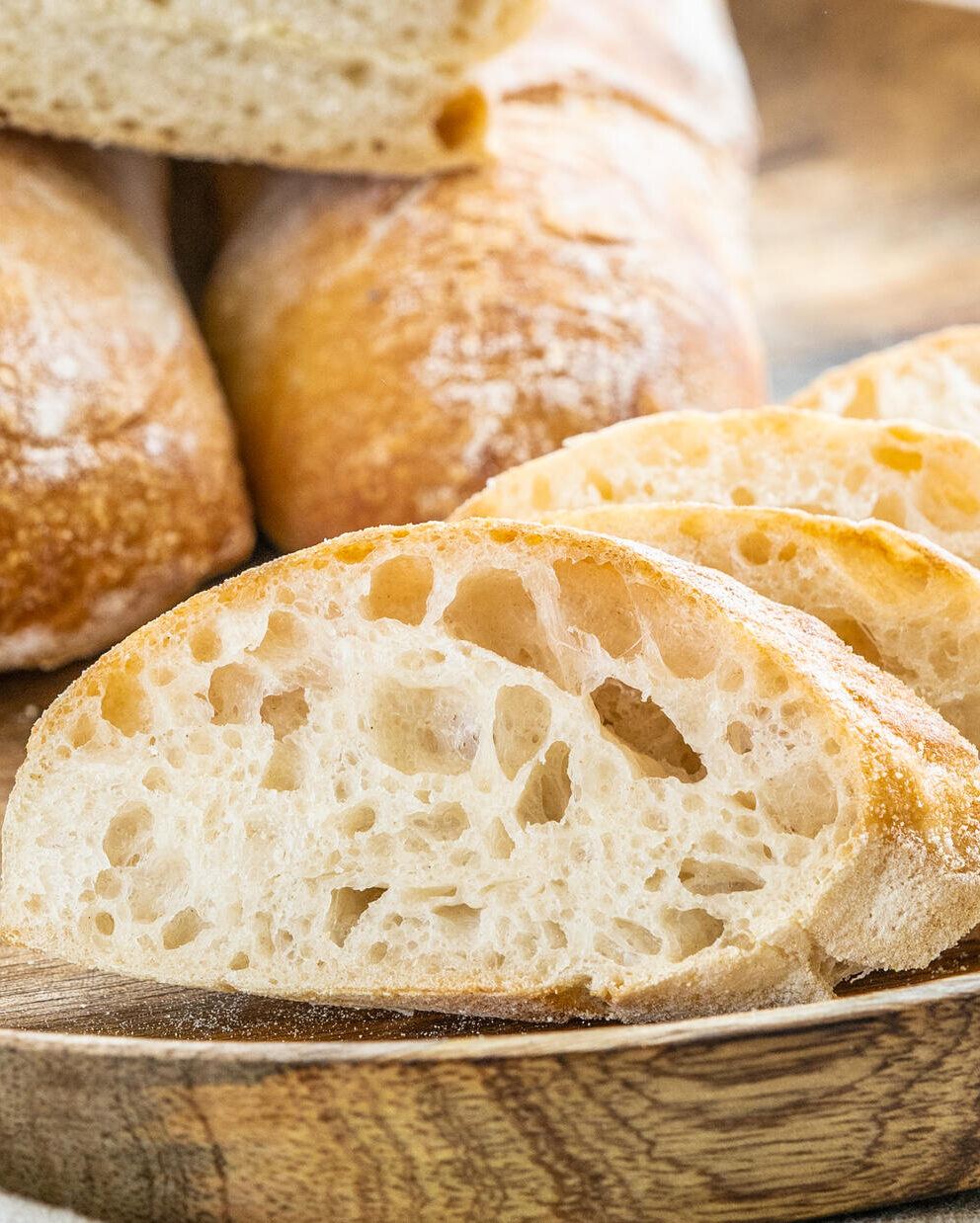
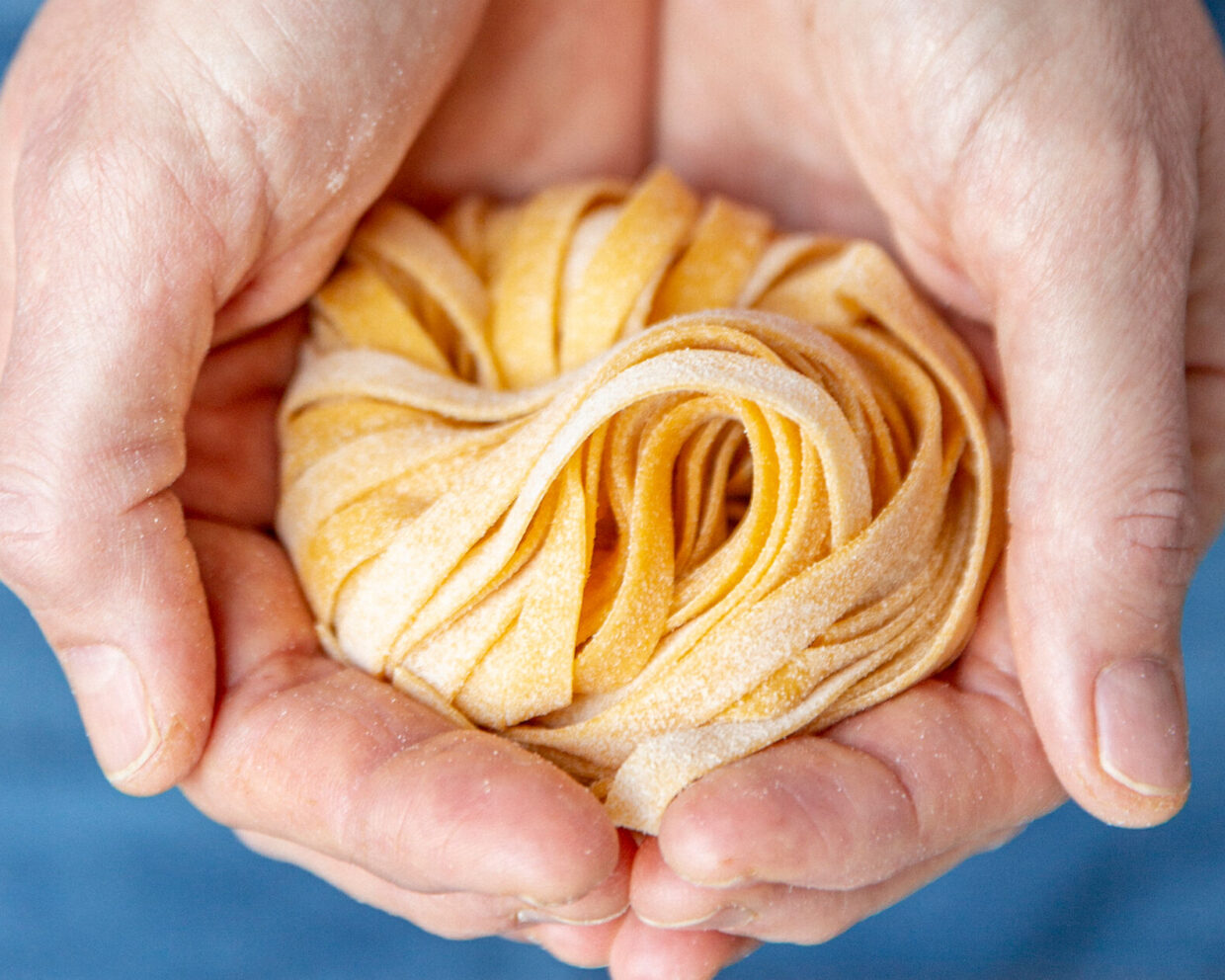
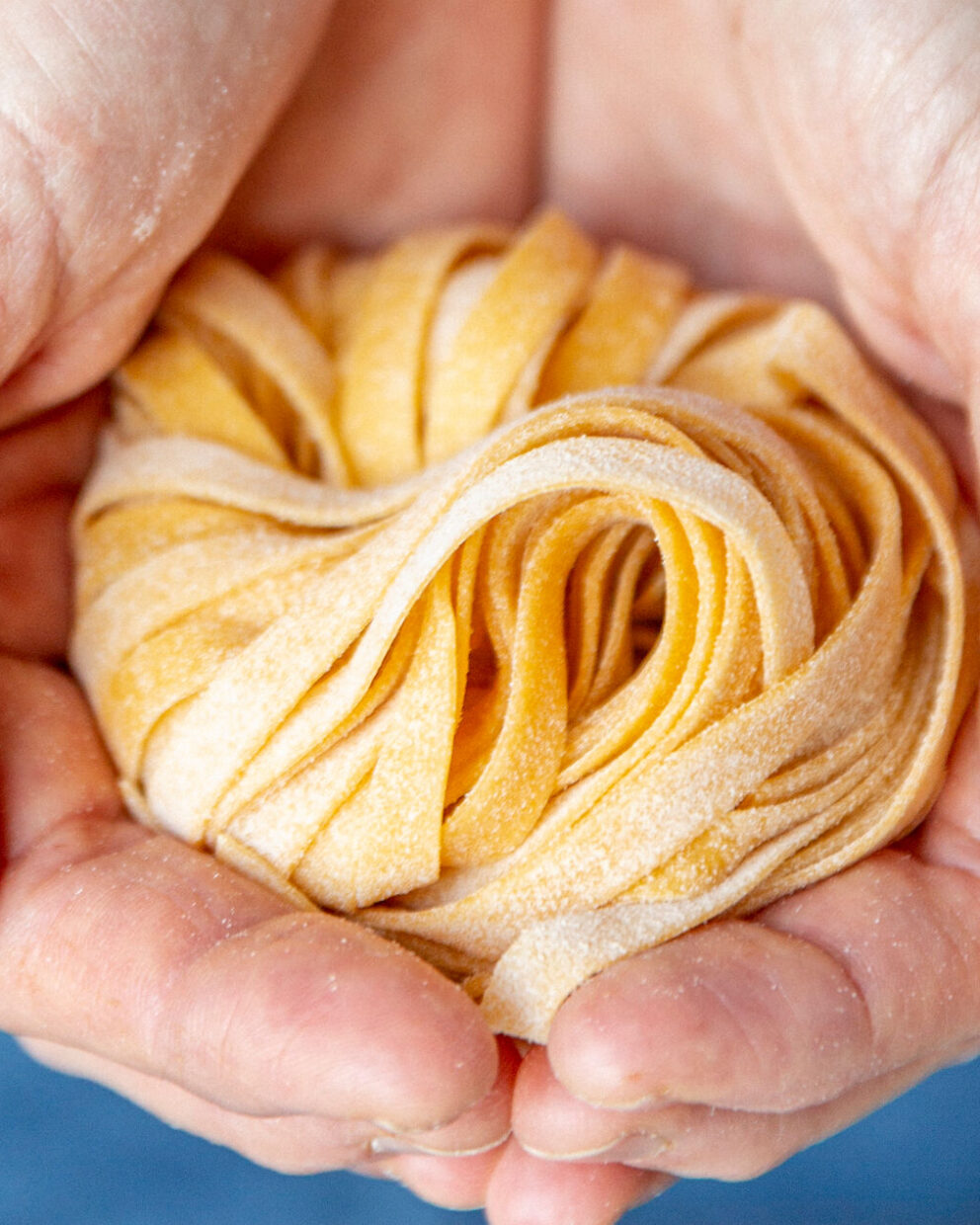
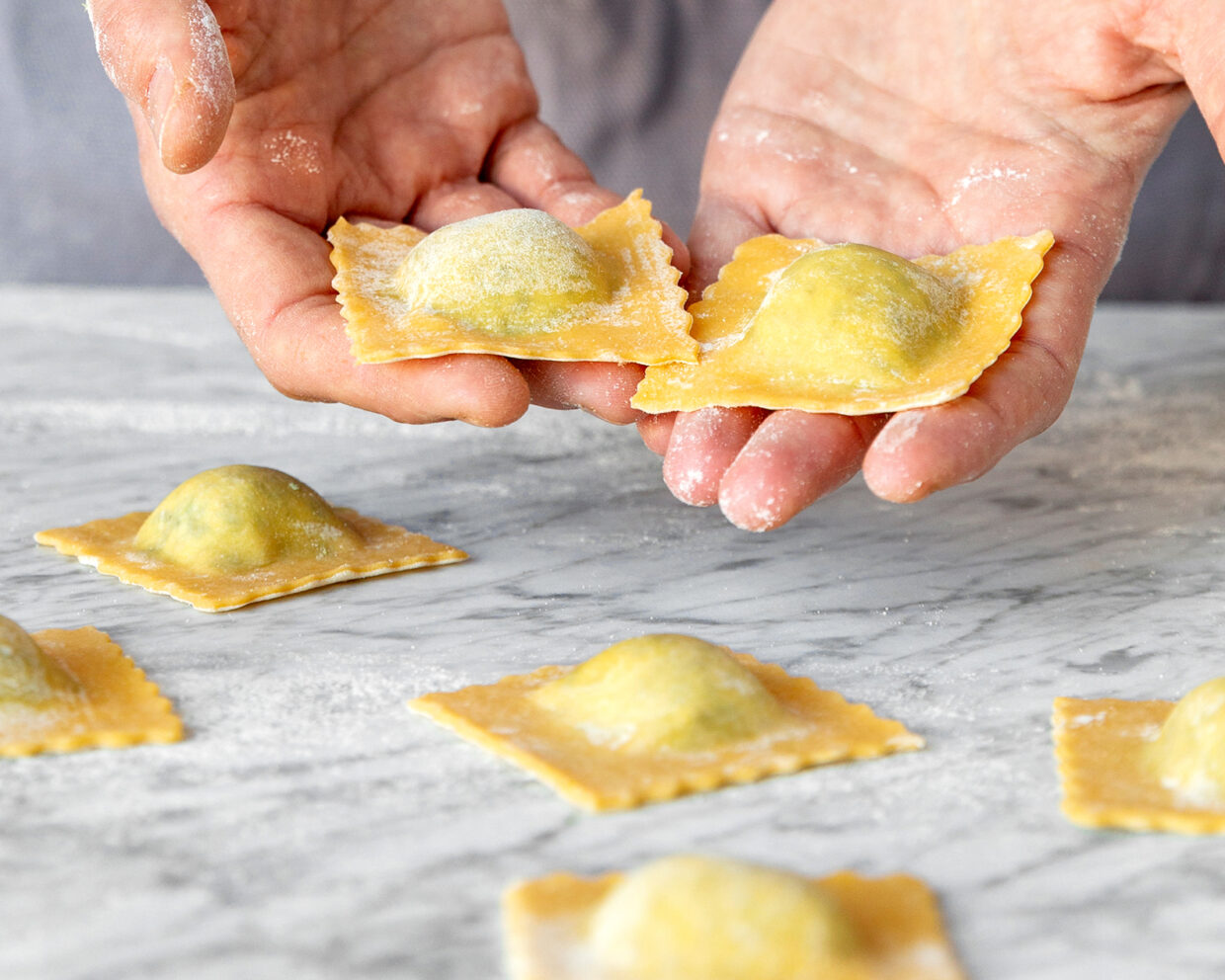
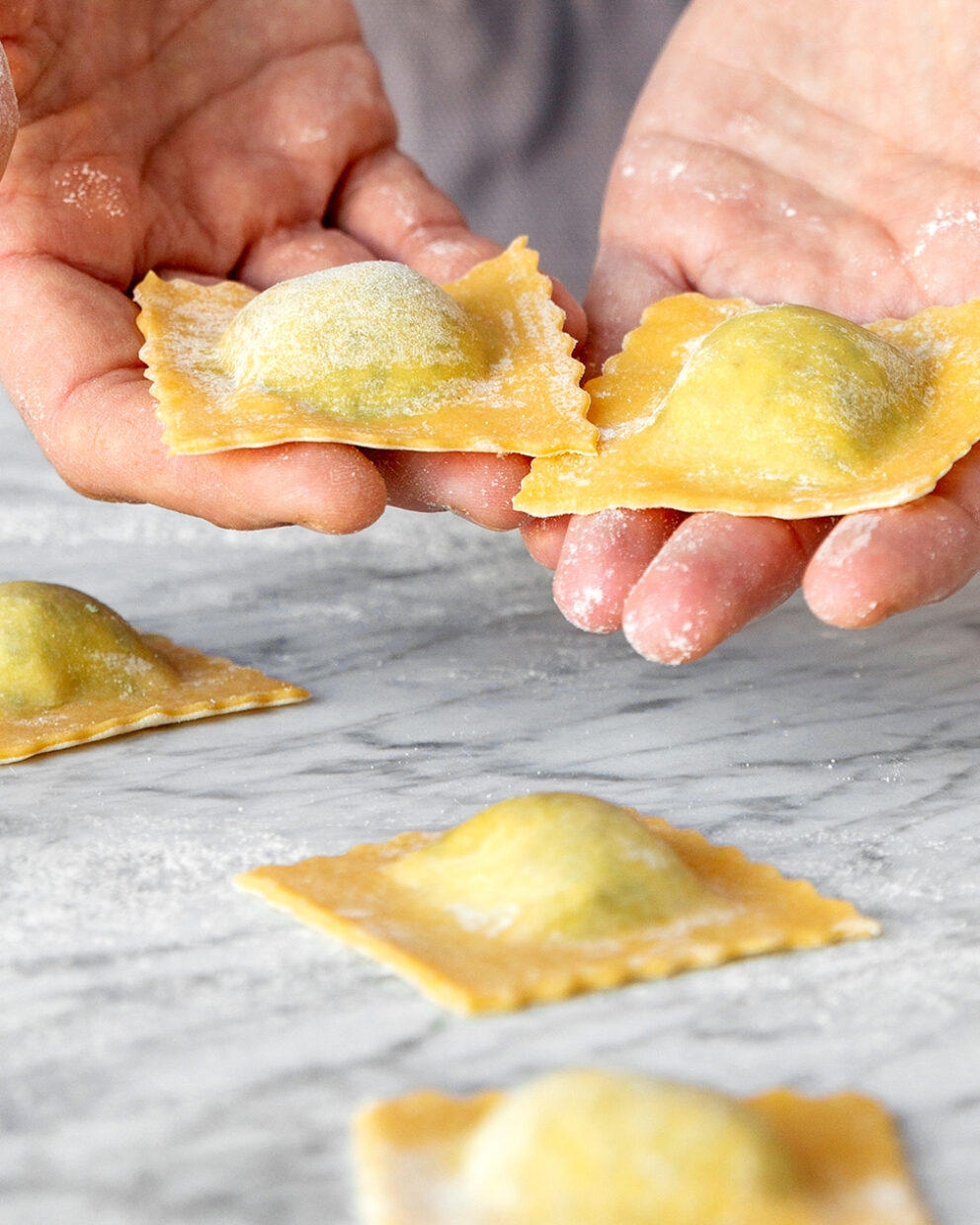
Want to share your thoughts? We're excited to hear what you think of the article. Tell us about your ideas, tips or questions! Leave a comment and share your knowledge with the community. Your opinion counts.
Write a comment